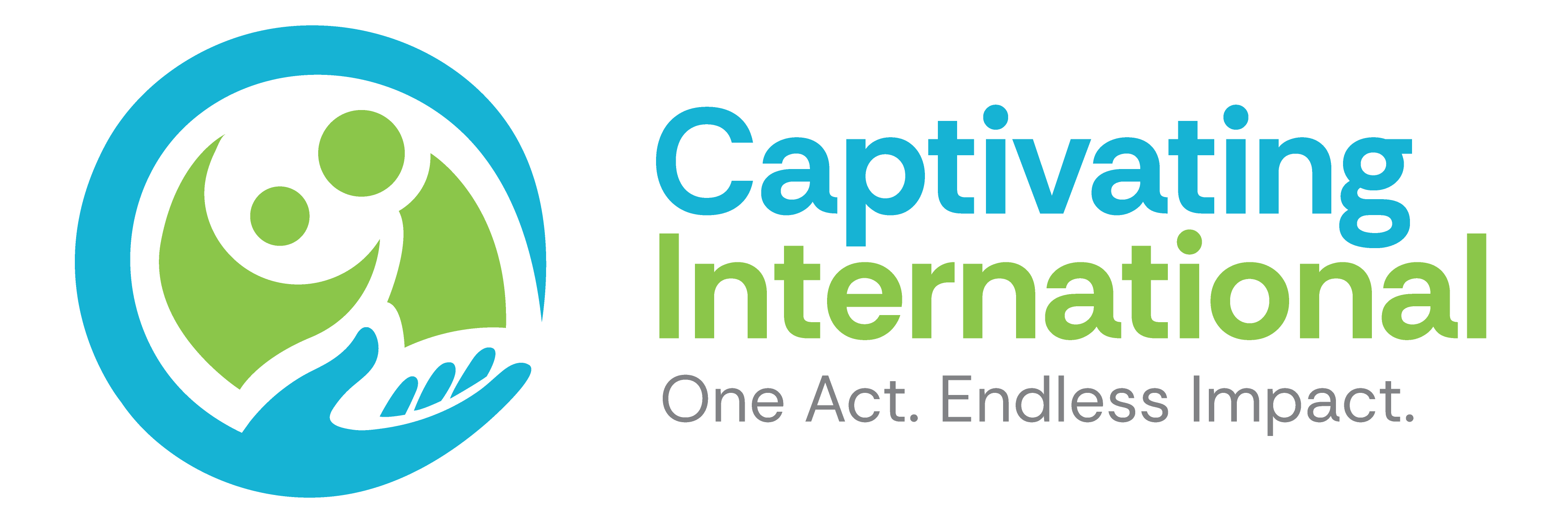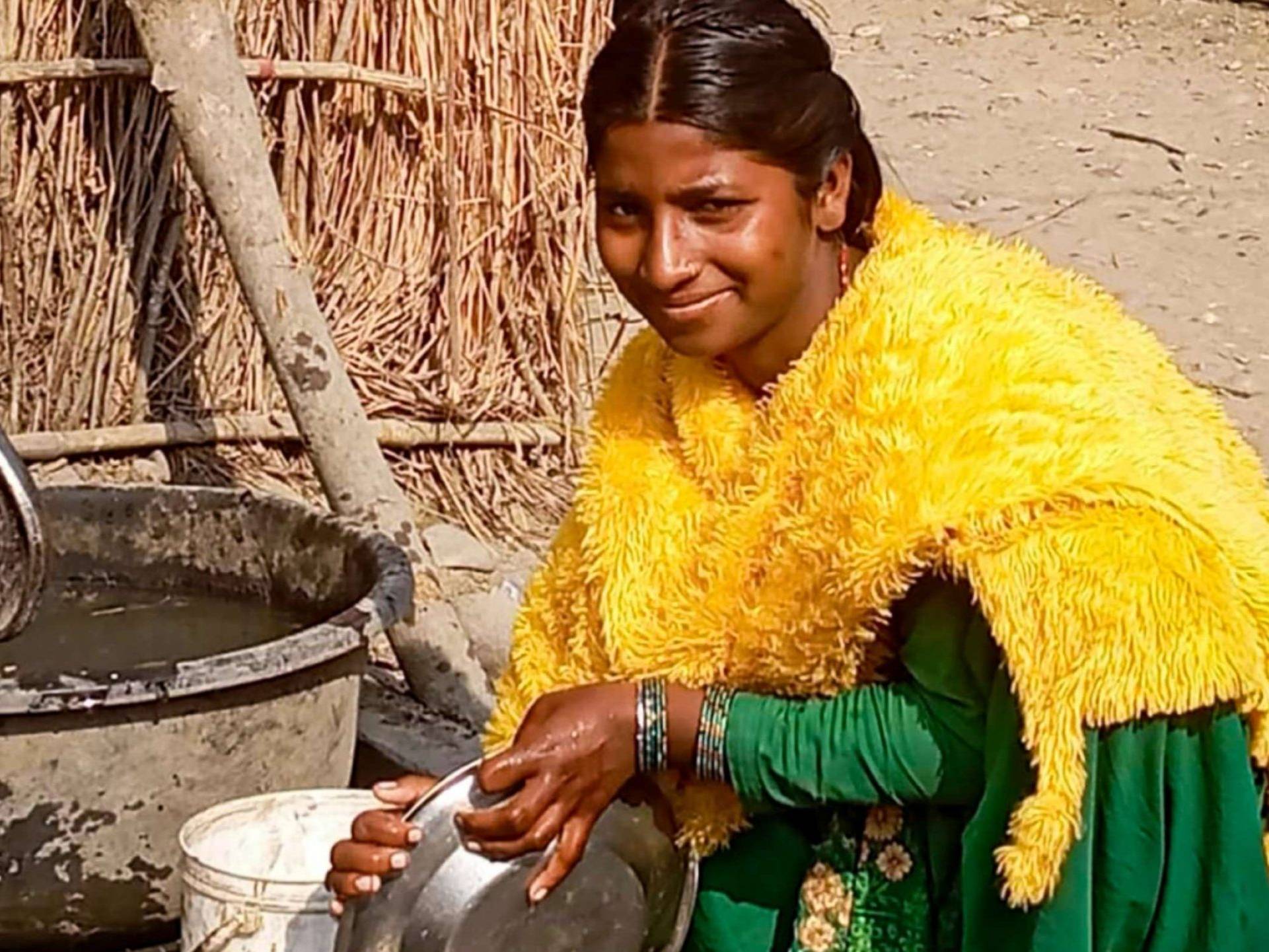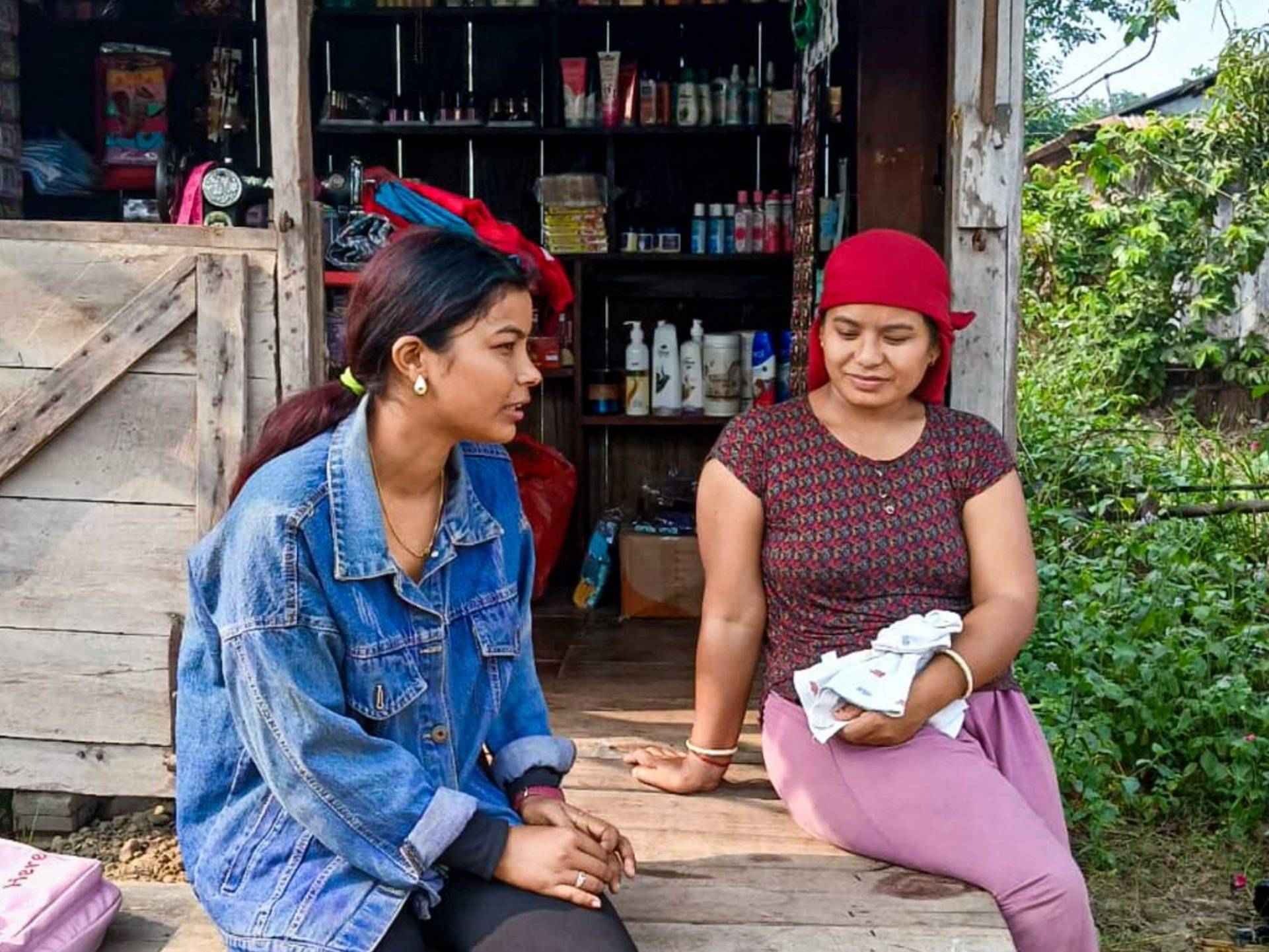Last year, we hosted a two-day goat farming training program for 20 women in Panchkhal Municipality, Nepal.
We always seek out different opportunities to enact our advocacy to empower women with livelihood skills that will boost their overall confidence. All our programs are designed to be holistic. In this goat farming program, not only did these women learn about tending to these animals, but they also learned some leadership skills. After the program, we are confident that they were able to move around their world with better decisions and are much more emotionally resilient.
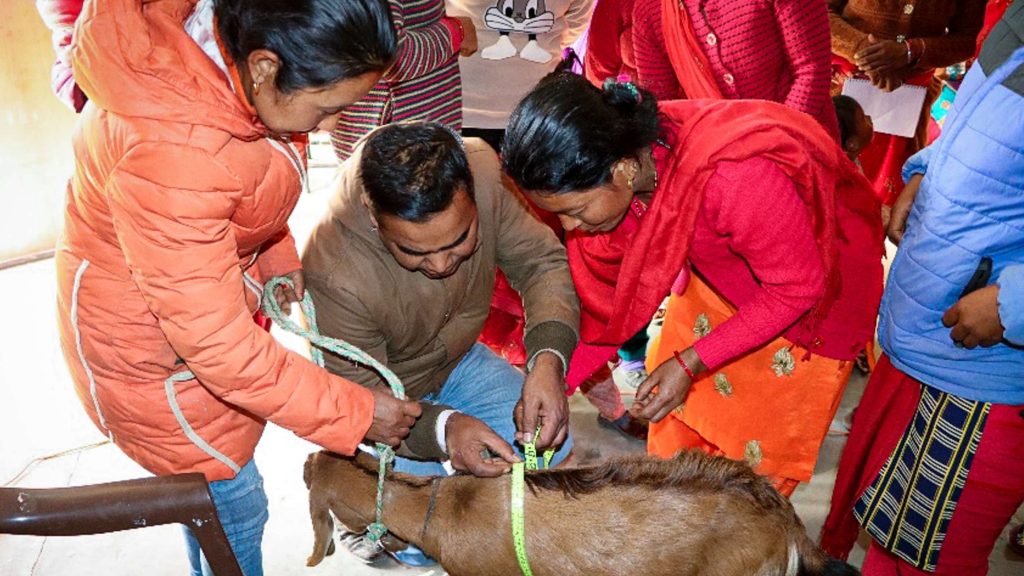
It was not a typical lecture-style training. We encouraged active participation since day one, where the women shared constant insights about the topic. Through PowerPoint presentations, group discussions, and practical activities—-the women took ownership of their learning.
On the first day, we started with an icebreaker, a game similar to the “boat is sinking” to build rapport with other participants. Now that the air of awkwardness had dissipated, we continued with an introduction about goat farming. After the discussion, we encouraged the participants to share their experiences about taking care of goats, followed by a group activity and a lecture about seasonal breeding. Before the day ended, we held a mental health session for women to remind them that while livelihood work is important, they are who they should put first.
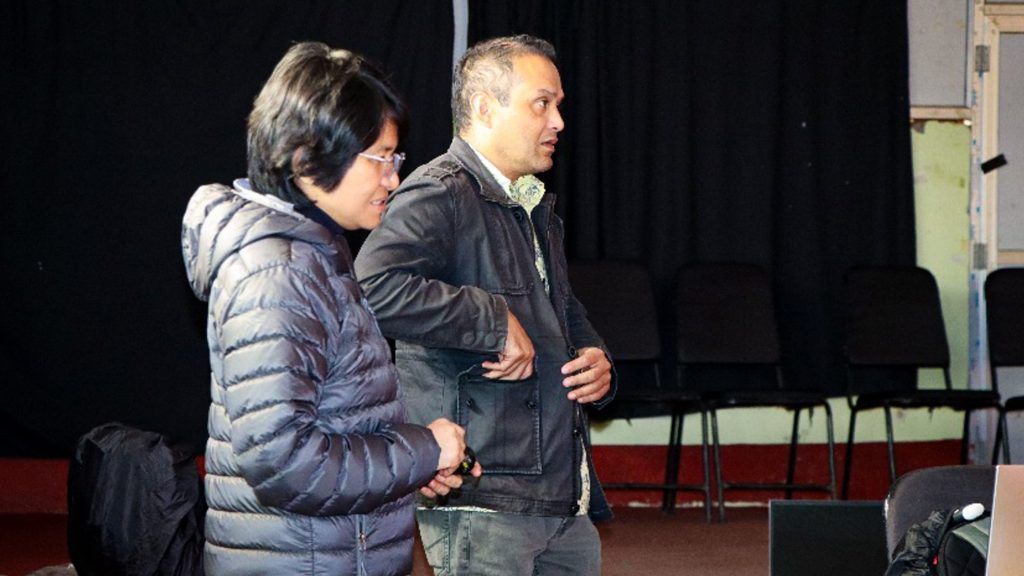
On the second day, we started by reviewing the previous day’s topics. The day was dedicated to teaching them how to properly take care of goats such as the feed making process, taking care of kids and the mother, medicine identification, weighing methods without the use of a scale, and goat house construction. The day ended with a distribution of certificates among the participants.
Now that these women are equipped with goat farming knowledge, they have the potential to earn better and support their families. We are delighted to have such participative and grateful women attend our program. We just know that our efforts will not go to waste!
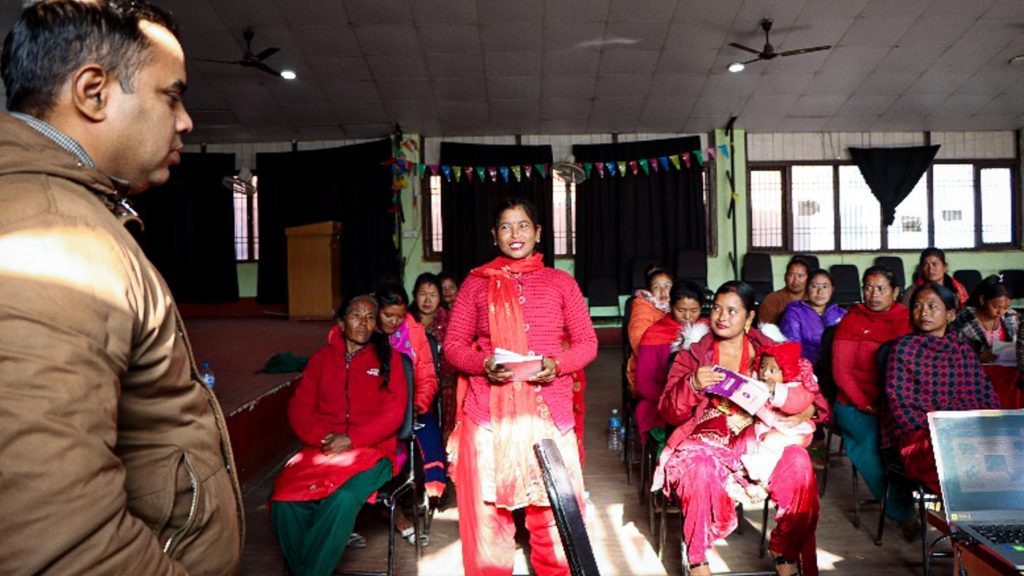
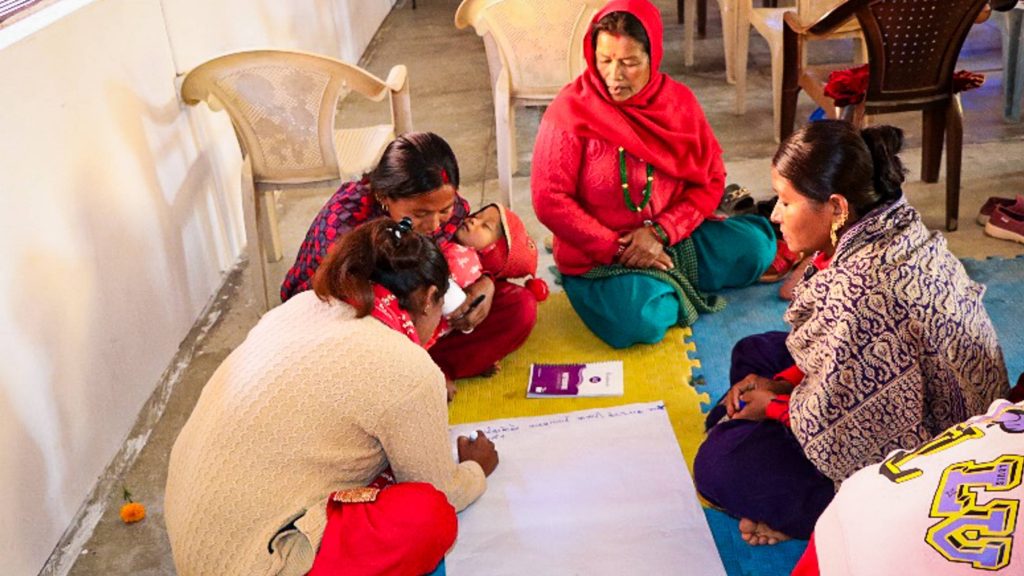
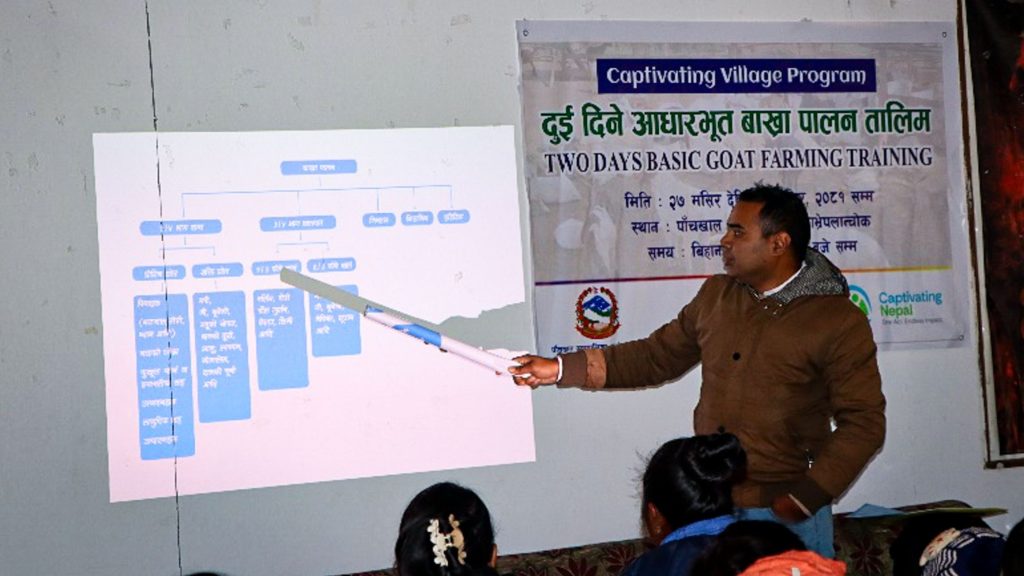
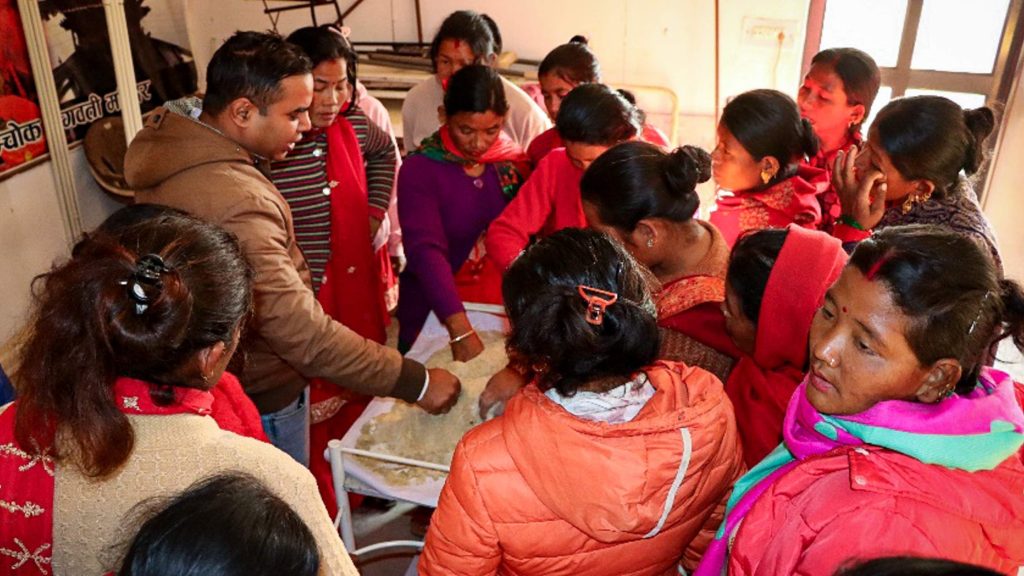
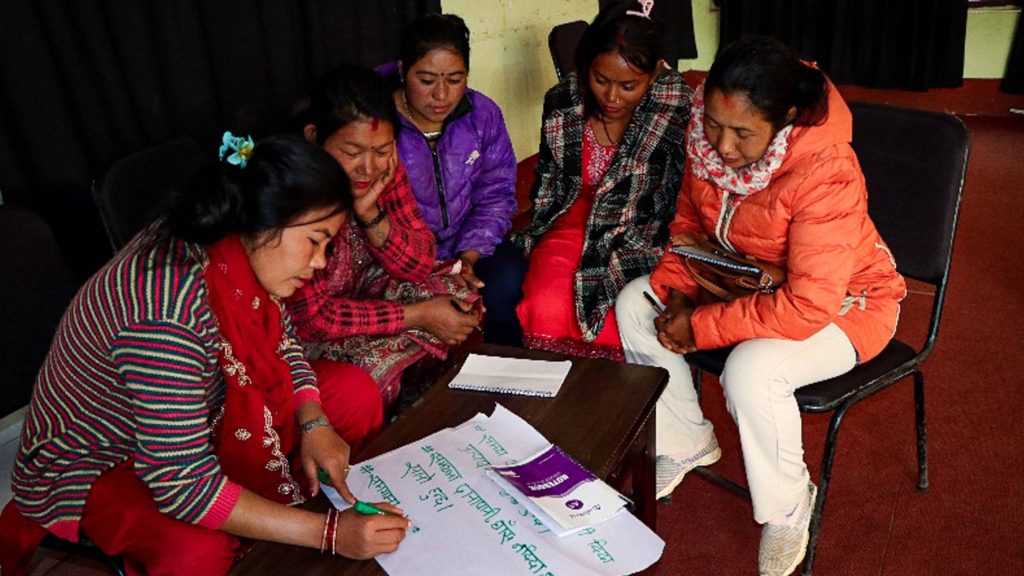
Our Partner
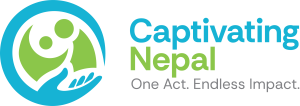
Be a Part of the Solution
Support the Captivating Village Development Program to help secure education for out-of-school village girls and provide families with the tools they need to escape extreme poverty.
Sustainable solutions start with your help.
